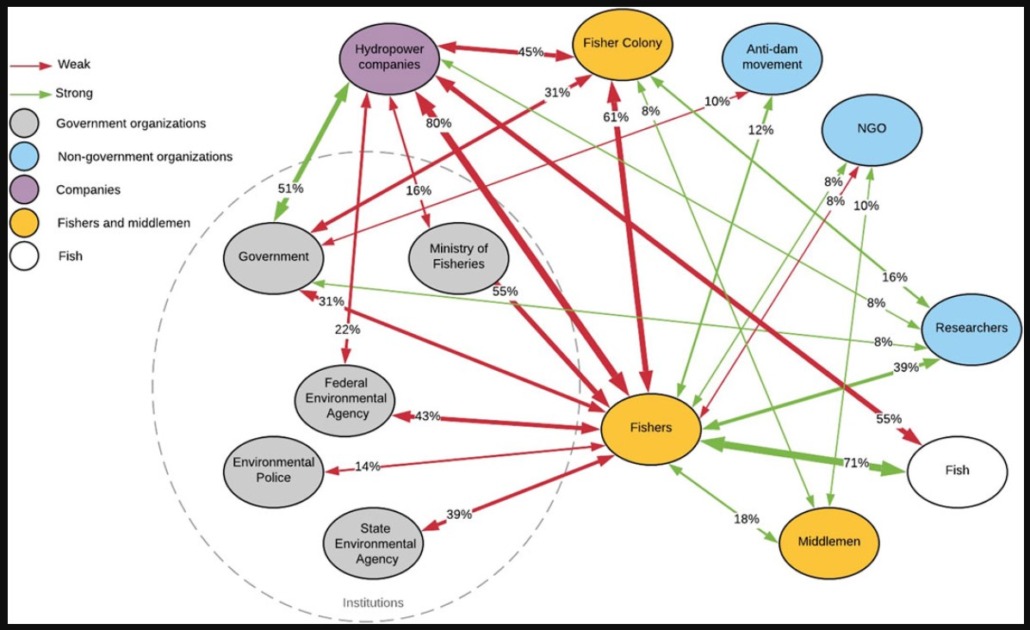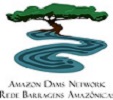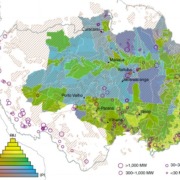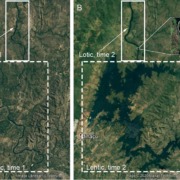New paper: “Stakeholder Perceptions on the Governance of Fisheries Systems Transformed by Hydroelectric Dam Development in the Madeira River, Brazil”
New paper by ADN members and colleagues Carolina R. C. Doria, Jynessa Dutka-Gianelli, Mariluce Paes de Souza, Kai Lorenzen and Simone Athayde
ABSTRACT
Hydroelectric dams often have significant impacts on freshwater fisheries. Major impacts are known to be driven by changes in river hydrology and fish ecology, but the role of governance arrangements in mitigating or exacerbating fisheries impacts from hydropower development is less understood. This study presents an analysis of stakeholder perceptions about the effects of hydroelectric dam implementation on fisheries governance arrangements in the Madeira River basin, Brazil. Semi-structured interviews were conducted with 50 stakeholders representing the fishers and fish traders, government, non-governmental organizations, and the private sector. Fishers, non-governmental, and private sector agents perceived hydropower development to be the strongest factor driving fisheries decline or change over the past 10 years, while government staff perceived overfishing to be an equally or even more important factor. Most stakeholders affirmed that fisheries governance arrangements have weakened in the face of hydropower development, and that these arrangements have been insufficient to effectively mitigate or compensate for negative impacts on fisheries. Fishers, non-governmental and private sector agents saw lack of opportunities to participate in fisheries governance as a major contributing factor, while government staff emphasized lack of qualified personnel, lack of trust between agencies, and control over the decision-making process held by hydropower companies. Perspectives on other implications of governance arrangements were shared across stakeholder groups. These included increased conflicts; lack of interaction and coordination between agencies; the fragility of fishers’ social organization; lack of trust and reciprocity between organizations; and power imbalances between stakeholders. The results show that hydropower development impairs and changes relationships between diverse players involved in fisheries governance, which can exacerbate existing weaknesses and negatively affect fishery sustainability. Drawing from the perspectives and comments of the various stakeholders who participated in the study, we provide recommendations to improve freshwater fisheries governance in the Madeira River basin and in the Brazilian Amazon.
Este estudo apresenta uma análise das percepções dos atores sobre os efeitos da implementação de barragens hidrelétricas nos arranjos de governança da pesca na bacia do rio Madeira, Brasil. Com base nas perspectivas e comentários de vários atores que participaram do estudo, são fornecidas recomendações para melhorar a governança da pesca de água doce na bacia do rio Madeira e na Amazônia brasileira.

FIGURE 4. Cognitive map of the Madeira Fisheries System after implementation of the Santo Antônio and Jirau dams. The circles represent the institutions cited by the respondents: the green lines represent strong relationships that contribute to sustainability, while red lines represent weak relationships that do not contribute to the fishing sustainability. Line density represents the percentage of responses related to all answers.



